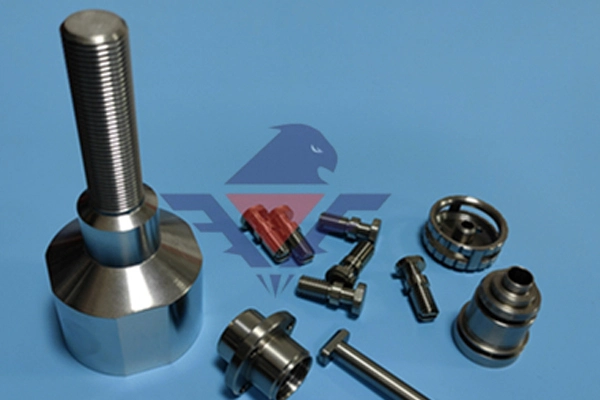
html
Swiss Machining: Precision Engineering for Complex Components
Swiss machining, also known as Swiss screw machining or Swiss turning, is a specialized manufacturing process designed to produce high-precision, complex components with tight tolerances. Originating in Switzerland’s watchmaking industry, this technique has evolved to serve a wide range of industries, including medical, aerospace, automotive, and electronics.
How Swiss Machining Works
Unlike conventional lathes, Swiss machines utilize a sliding headstock and guide bushing system. The workpiece is held firmly near the cutting tools while the material feeds through the bushing. This unique setup provides exceptional stability and minimizes deflection, allowing for:
- Extremely precise cuts (tolerances within ±0.0001 inches)
- Excellent surface finishes
- Ability to machine long, slender parts without vibration
Key Advantages of Swiss Machining
The Swiss machining process offers several distinct benefits for manufacturers:
1. Superior Precision
The guide bushing system and sliding headstock work together to maintain exceptional dimensional accuracy, even when working with delicate or complex geometries.
2. Increased Efficiency
Swiss machines can perform multiple operations simultaneously, reducing cycle times and increasing productivity compared to traditional machining methods.
3. Material Savings
The precision of Swiss machining minimizes material waste, particularly important when working with expensive alloys or precious metals.
Applications Across Industries
Swiss machining has become indispensable in several high-tech sectors:
| Industry | Typical Applications |
|---|---|
| Medical | Surgical instruments, implants, dental components |
| Aerospace | Fuel system components, fasteners, sensor housings |
| Automotive | Fuel injection parts, transmission components, connectors |
| Electronics | Connector pins, contacts, miniature shafts |
Choosing Swiss Machining for Your Project
When considering Swiss machining for your components, evaluate these factors:
- Part Complexity – Ideal for intricate designs with multiple features
- Tolerance Requirements – Best for extremely tight tolerances
- Material Type – Works well with metals, plastics, and exotic alloys
- Production Volume – Cost-effective for both prototypes and high-volume runs
Modern Swiss machining centers combine advanced CNC controls with multi-axis capabilities, allowing for complete machining of complex parts in a single setup. This technology continues to push the boundaries of what’s possible in precision manufacturing.
